SOIL EVALUATION
A soil evaluation is used to determine the composition of the soil to see if it is suitable for its intended use. Soil testing is usually required to obtain a building permit. It is also necessary to test the soil before installing or replacing a sewage treatment system. Soil testing provides septic system designers with detailed information on site conditions, soil characteristics and limitations, and risk factors associated with a site and the surrounding area.
A & D Excavating partners with certified soil scientists to perform soil testing. Results are used to determine whether the lot is suitable for an on-lot sewage system, the types of system(s) that may be used, and potential replacement locations.
Soil evaluations are required by the Ohio Board of Health for installing a new or replacement sewage treatment system.
Refer to Ohio Administrative Code Chapter 3701-29-07 for more information.
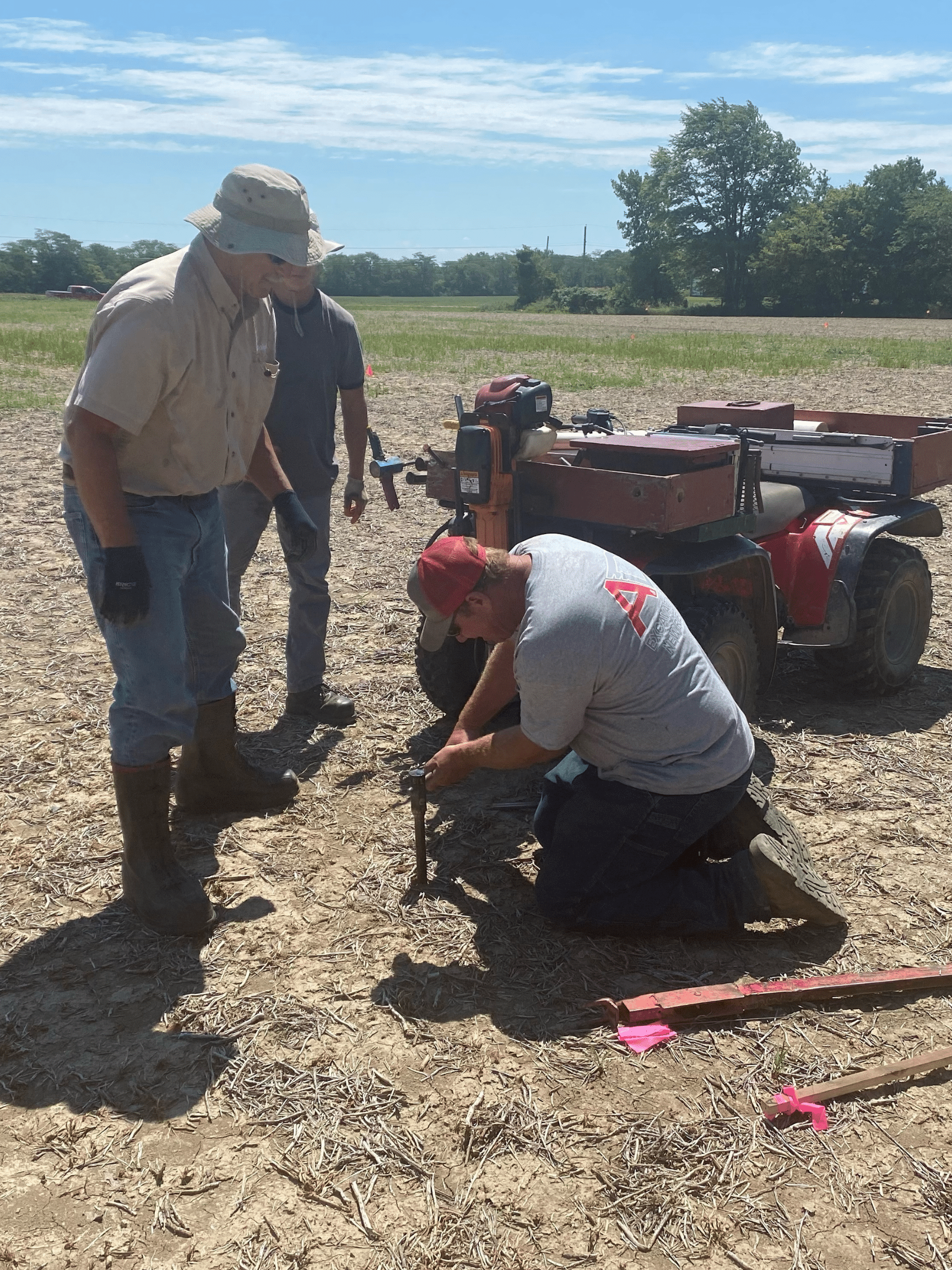
FREQUENTLY ASKED QUESTIONS
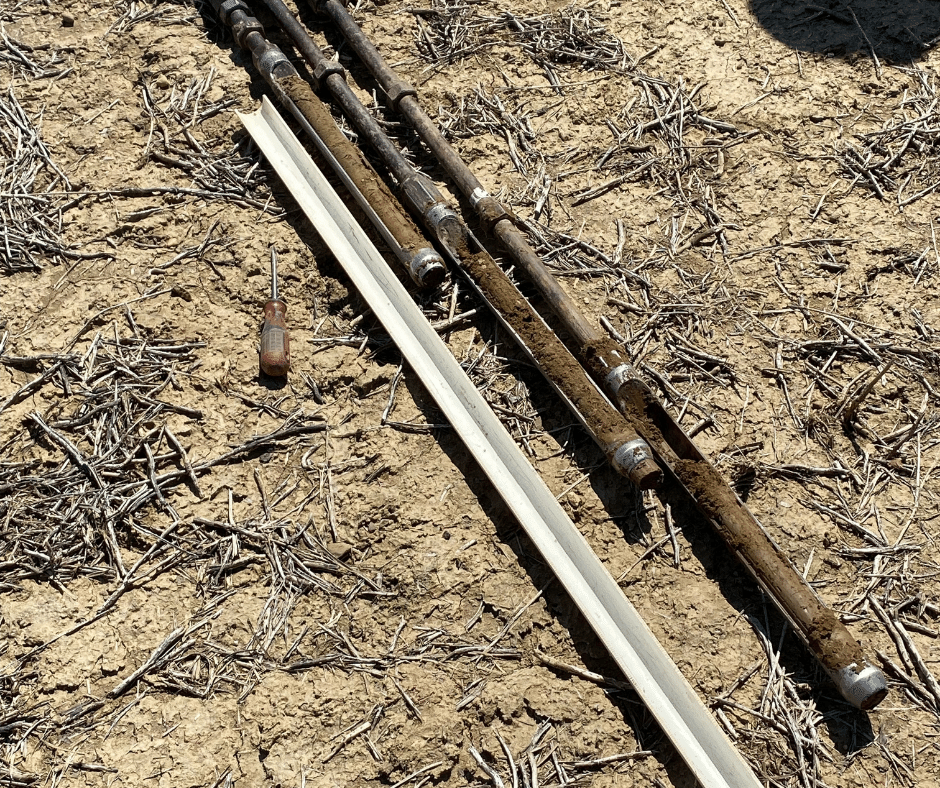
What do soil scientists do?
Soil scientists analyze the soil on your land to determine what kind of septic system you can install and the best location for the system.
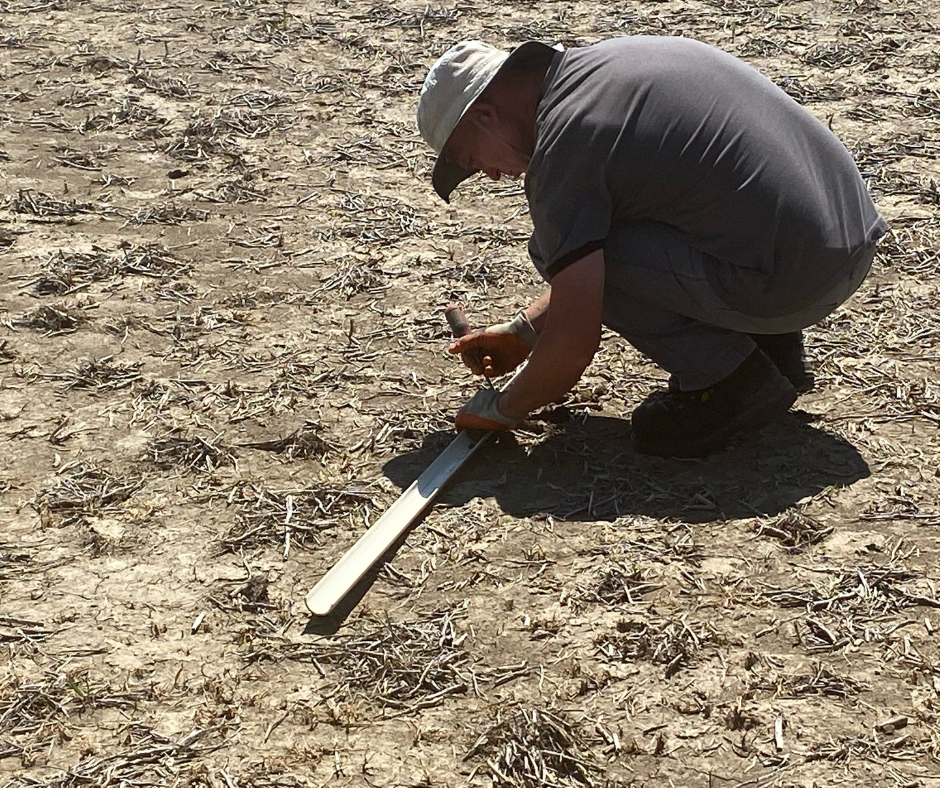
What are they testing for?
Soil scientists are trained to describe and map soils. They test for soil depth, permeability and saturation to select and design wastewater treatment systems.
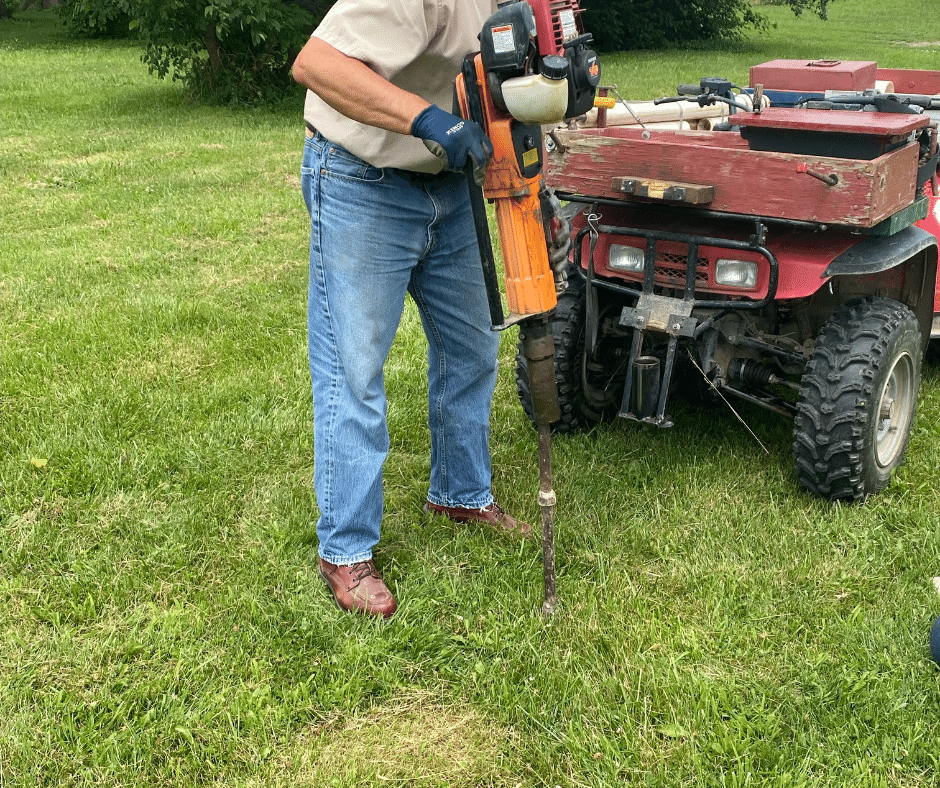
How are the soil tests performed?
Soil scientists bore holes in the soil and take samples. These samples are tested to determine the suitability of the soil.
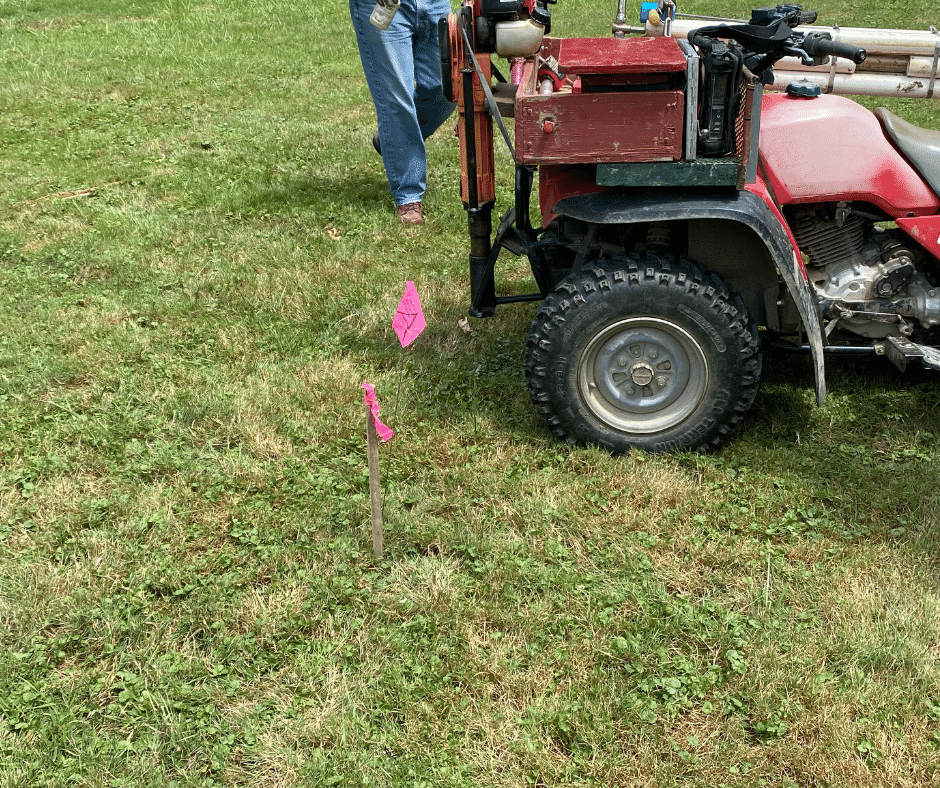
How are results reported?
You will receive a document containing your soil test results as well as a scale map of the potential absorption area.
Click here to view example results for a Site and Soil Evaluation performed for a new Sewage Treatment System.